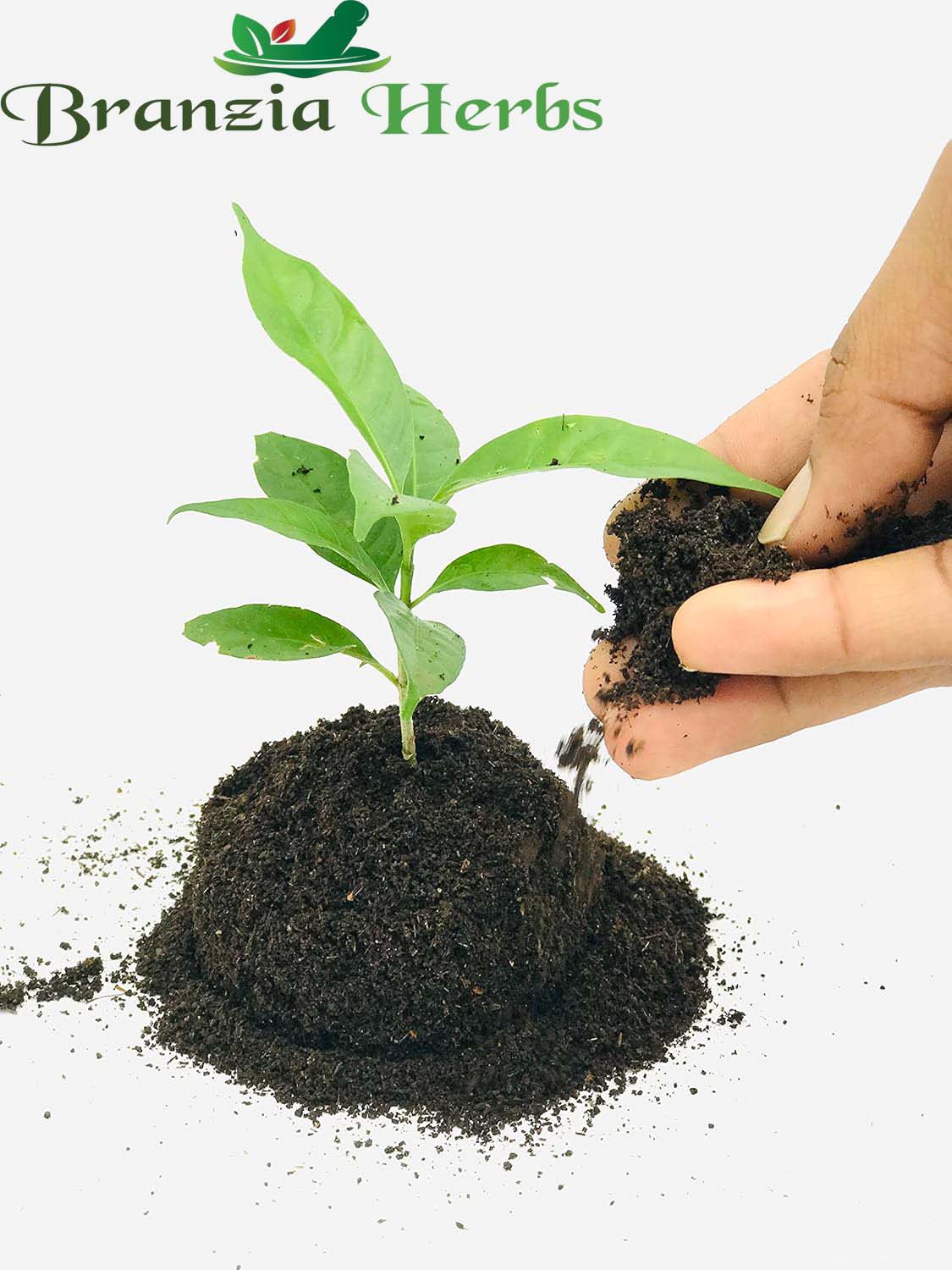Description:
-
Appearance: Atibala is a perennial herb with heart-shaped leaves, yellow flowers, and a woody stem. It grows up to about 1 meter (3 feet) tall.
-
Flavor: The plant parts are generally neutral, with medicinal qualities rather than distinct culinary flavors.
Uses:
-
Traditional Medicine: In Ayurveda, Atibala is used for its reputed benefits in improving strength and stamina. It is believed to be a tonic for the body and mind, helping with various health conditions such as respiratory issues, muscle weakness, and digestive disorders.
-
Panchang: This term typically refers to using all parts of the plant in combination for therapeutic purposes, maximizing its medicinal benefits.
Benefits:
-
Strength and Vitality: Traditionally used to enhance physical strength and vitality.
-
Respiratory Health: May help in managing respiratory conditions and coughs.
-
Digestive Health: Used to support digestive function and address issues like indigestion.
Preparation:
-
In Medicine: The plant’s roots, stems, leaves, and flowers are often dried and used in powders, teas, or tinctures. They can be included in various Ayurvedic formulations.
-
In Supplements: Available as capsules or extracts for convenience.
Storage:
-
Dried Parts: Store in an airtight container in a cool, dry place to maintain potency.
-
Powders and Extracts: Keep in a cool, dark place, following specific storage guidelines if available.
Note:
Consult with a healthcare provider before using Atibala or any herbal remedy, especially if you have underlying health conditions or are pregnant or breastfeeding.







